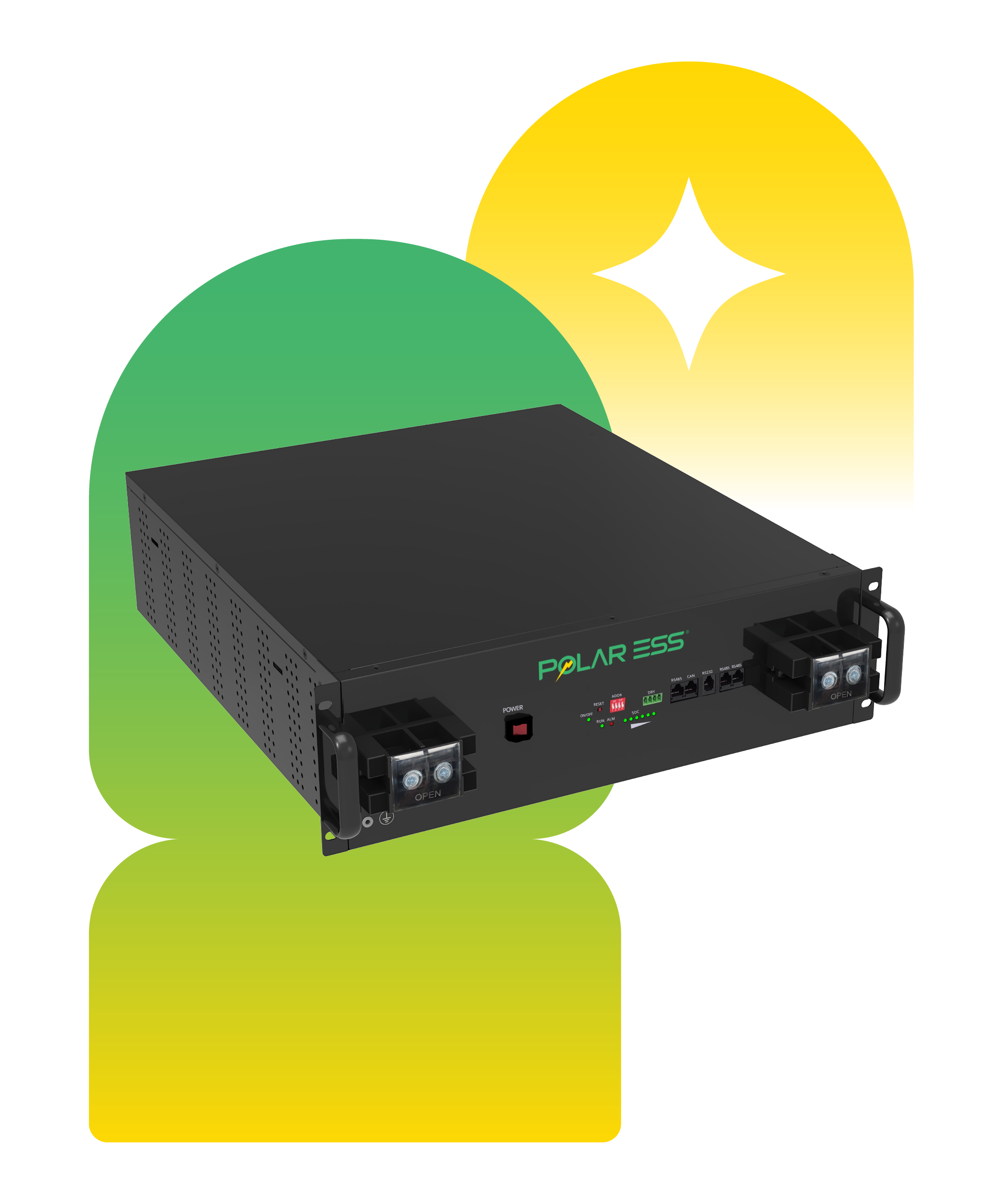In today’s rapidly evolving technological landscape, home battery storage has emerged as a revolutionary solution to address the challenges posed by fluctuating energy demands. By harnessing the power of advanced battery technology, homeowners can now store excess electricity generated from renewable sources and utilize it during peak hours or in times of grid outages.
The Rise of Home Battery Storage
Home battery storage systems have gained significant traction in recent years due to their ability to enhance energy efficiency and reduce reliance on traditional power grids. These systems allow individuals to take control over their energy consumption patterns and contribute towards a more sustainable future.
With home battery storage, households can optimize their use of solar panels or wind turbines by storing surplus electricity for later use. This not only helps reduce carbon emissions but also provides an uninterrupted power supply during emergencies or blackouts.
The Role of Lithium Batteries
Lithium batteries play a crucial role in enabling efficient home battery storage solutions. Known for their high energy density, long lifespan, and rapid charging capabilities, lithium batteries are ideal for residential applications. They offer superior performance compared to other types of batteries while occupying minimal space within homes.
Find more about lithium battery.
Moreover, advancements in lithium-ion technology have led to cost reductions over time, making home battery storage more accessible than ever before. As economies of scale continue to drive down prices further, these systems are becoming increasingly affordable for homeowners worldwide.
The Advantages of Hybrid Power Inverters
A key component within home battery storage setups is the hybrid power inverter – a device that converts direct current (DC) stored in batteries into alternating current (AC) used by household appliances. Hybrid inverters enable seamless integration between renewable energy sources like solar panels and conventional power grids.
These inverters intelligently manage the flow of electricity, allowing homeowners to optimize their energy usage and reduce reliance on grid-supplied power. By prioritizing renewable energy sources, hybrid power inverters help maximize self-consumption and minimize dependence on fossil fuel-generated electricity.
A Bright Future for Home Battery Storage

The integration of home battery storage systems into our daily lives holds immense potential in shaping a sustainable future. As technology continues to advance, we can expect further improvements in battery efficiency, longer lifespans, and reduced costs.
Fair prices are crucial for the widespread adoption of home battery storage solutions. Governments and regulatory bodies must work together with manufacturers to ensure that these technologies become affordable for all households. By incentivizing investments in clean energy infrastructure and promoting research and development initiatives, we can accelerate the transition towards a greener planet.
In conclusion, home battery storage represents a significant step forward in achieving energy independence while reducing our carbon footprint. With advancements in lithium batteries and hybrid power inverters driving this transformational change, it is imperative that fair prices are established to make these technologies accessible to everyone. Embracing home battery storage not only empowers individuals but also contributes towards building a more sustainable world for future generations.